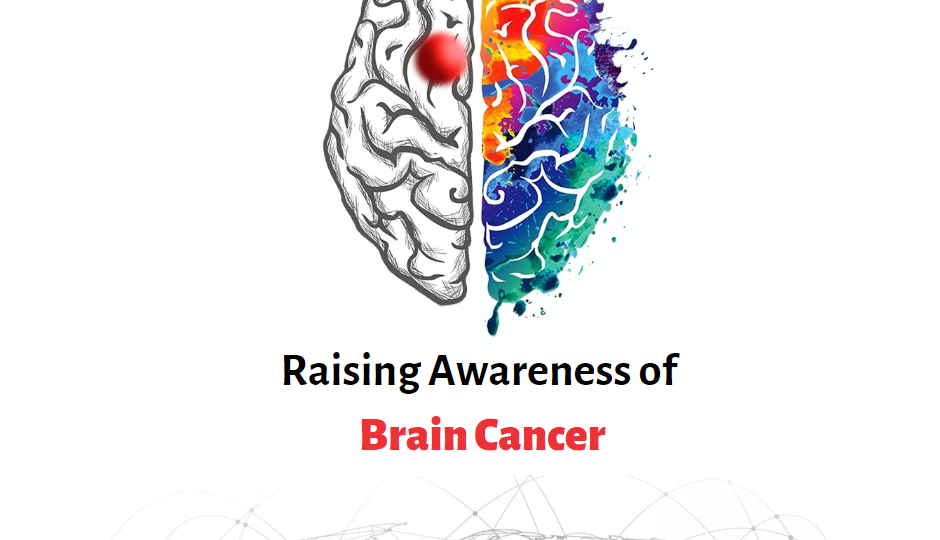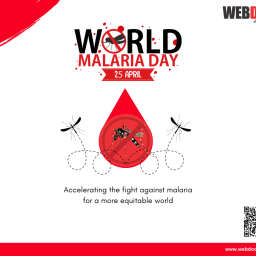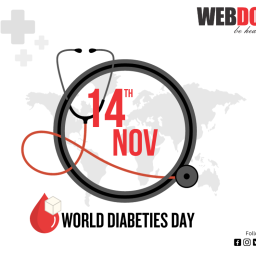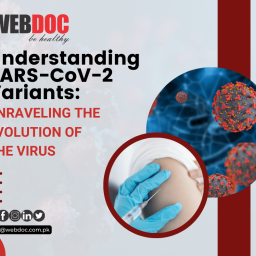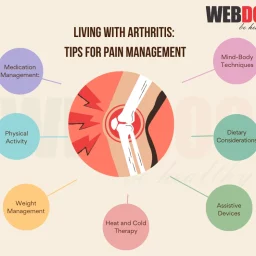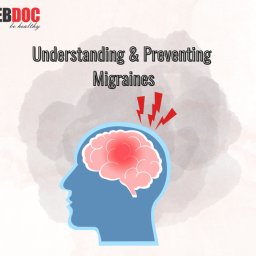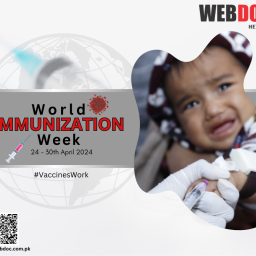Introduction:
Brain cancer is a complex and often devastating disease that affects thousands of individuals worldwide. As one of the most aggressive forms of cancer, brain tumors require immediate attention and comprehensive treatment. However, due to its intricate nature and the lack of early symptoms, brain cancer can often go undetected until it reaches advanced stages. To combat this, raising awareness about brain cancer is crucial for early detection, timely treatment, and improved patient outcomes. This article aims to shed light on the importance of understanding brain cancer, its risk factors, signs and symptoms, diagnostic techniques, and available treatment options.
What is Brain Cancer?
- Defining brain cancer and its types: primary and metastatic.
- Understanding how brain tumors form and affect the brain’s functionality.
Risk Factors and Causes of Brain Cancer:
- Genetic factors and hereditary conditions.
- Environmental factors, including exposure to radiation and certain chemicals.
- Past medical history and previous radiation treatments.
- Potential link between brain cancer and cell phone usage (controversial).
Signs and Symptoms of Brain Cancer:
- Headaches, especially those that worsen over time.
- Seizures, unexplained nausea, and vomiting.
- Changes in vision, speech, or hearing.
- Difficulty with balance, coordination, and motor skills.
- Behavioral and cognitive changes.
Diagnosing Brain Cancer:
- Medical history assessment and physical examination.
- Neurological examination to evaluate brain functions.
- Imaging tests (MRI, CT scans) to detect and locate tumors.
- Biopsy and pathology analysis to confirm the presence of cancer cells.
Treatment Options for Brain Cancer:
- Surgery to remove the tumor, if accessible.
- Radiation therapy to target and destroy cancer cells.
- Chemotherapy to control or shrink tumors.
- Targeted therapy and immunotherapy to enhance the immune system’s response.
- Emerging treatments, such as gene therapy and proton beam therapy.
Importance of Early Detection:
- Enhanced chances of successful treatment and improved outcomes.
- Minimizing potential neurological damage and preserving brain functions.
- Reduced treatment complexity and increased treatment options.
Support Systems for Brain Cancer Patients:
- The role of support groups and counseling services.
- The importance of emotional and psychological support for patients and their families.
- Rehabilitation and therapies to regain cognitive and physical abilities.
Promoting Brain Cancer Awareness:
- Community education and public health campaigns.
- Fundraising initiatives for research and patient support organizations.
- Collaboration between healthcare professionals, researchers, and advocacy groups.
- Utilizing social media and other platforms to spread awareness.
Conclusion:
Raising awareness of brain cancer is crucial in detecting the disease at an early stage, which significantly improves treatment outcomes and patient survival rates. By understanding the risk factors, signs and symptoms, diagnostic techniques, and treatment options, individuals can be better equipped to recognize potential warning signs and seek medical attention promptly. Additionally, supporting research initiatives and patient support organizations can contribute to the development of improved treatments and enhance the quality of life for brain cancer patients. Together, we can make a difference in the fight against brain cancer and bring hope to those affected by this challenging disease.


